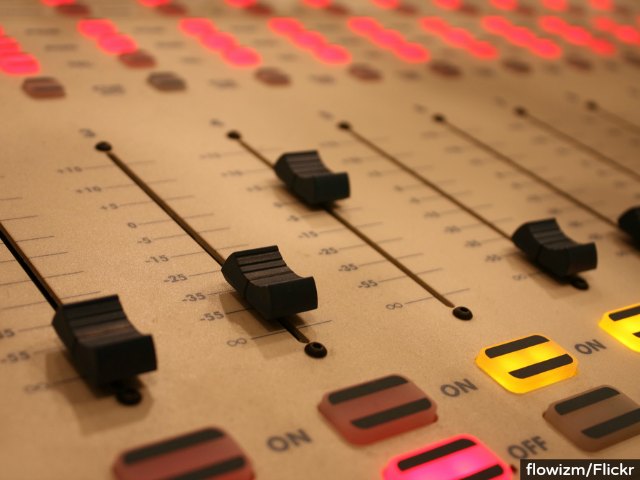
As the organized labor movement feels blows such as workers of a Tennessee Volkswagen plant deciding not to join a union, Union-sponsored, activist radio shows struggle to maintain what little presence they have left on the nation’s airwaves.
Politico reports on the trend, lamenting the “growing silence of union radio” and taking a long look at the history of union propaganda – though it isn’t identified as such.
The article reveals that where once there were hundreds of radio shows funded by and focused on unionism, now there are only about a dozen left on the nation’s airwaves and only one nationally syndicated show – and that on a mere fifteen stations.
Politico does point out that the number of union members has cratered in the last 20 years, taking away the audience to which union radio once catered. “In 1953,” the Washington news outlet says, “unions boasted 17.7 million members, or 32 percent of the workforce, while in 2012, union membership had dwindled to 14.5 million, or just 11.3 percent of the workforce.”
One union radio host Politico interviewed said that he was disappointed that the union-created battle with Wisconsin Governor Scott Walker didn’t translate into more money for his Madison-based program. He blamed his misfortune on the “dominance of the corporate class” and ruminated on the idea that maybe things had to get worse before his show would find both an audience and financial support.
“Maybe that’s what needs to happen,” Wisconsin radioman Rick Smith conspiratorially said. “Maybe things need to get so much worse. Maybe we need to go back to those depression-era events where the country is literally being torn apart, and the Koch brothers and their ilk are afraid of their heads on platters before things change.”
The possibility doesn’t seem to occur to these union pushers that their audiences are dwindling because people are simply moving on, as fewer every year see any legitimate use for unionism.
American support for unions has been in decline for some time. A recent Gallup poll found that general support for the idea of unions fell to 54 percent approval, down from the historical average of 62 percent. In the 1950s unions enjoyed 75 percent support.
Wisconsin is a particularly pertinent case. After Gov. Walker beat the union’s attempts to destroy him, and teachers were given the opportunity to decide if they wanted to be in a union – instead of being forced to by state law as in many other states – the teachers opted out of unions in droves.
It isn’t just Wisconsin teachers, either. As mentioned above, only days ago auto workers at a Chattanooga, Tennessee, Volkswagen plant rejected the United Auto Workers’ attempt to unionize them by voting the union down. On February 14, the auto workers voted 712 to 626 against joining the UAW.
The Bureau of Labor Statistics (BLS) has also been chronicling the long decline of unions. Last year the BLS reported that unionized labor was down to 11.3 percent of the workforce, down from the previous year’s 11.8 percent and way, way down from the 1954 high of 35 percent.
Currently, the largest unionized work force is that of government workers, but with the crises caused by these workers’ overly generous and unsustainable pensions hitting every single state, that sector will likely also take a hit in the years to come.

COMMENTS
Please let us know if you're having issues with commenting.